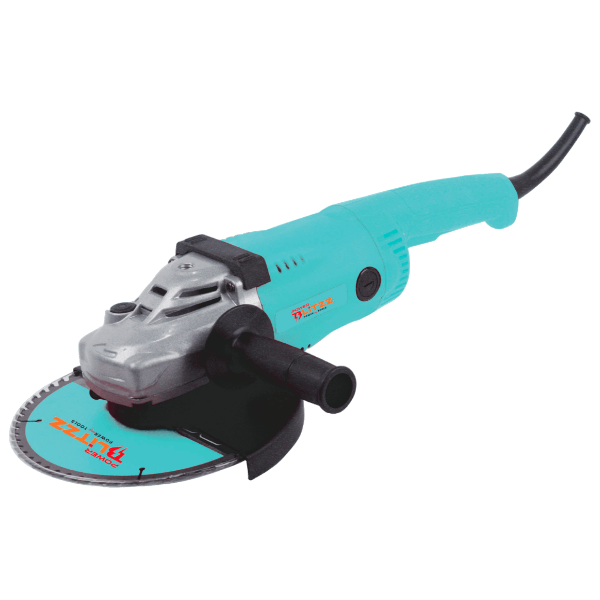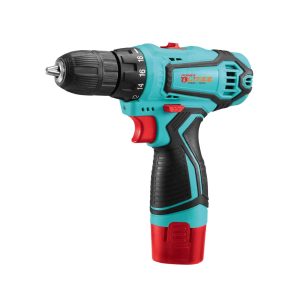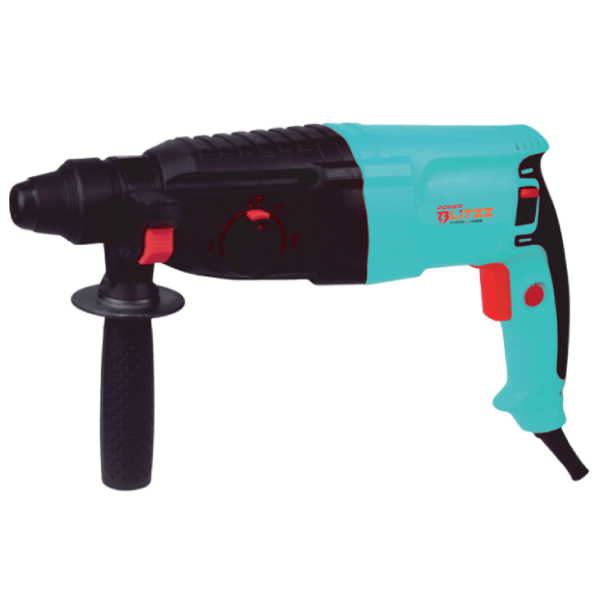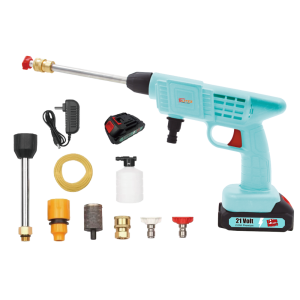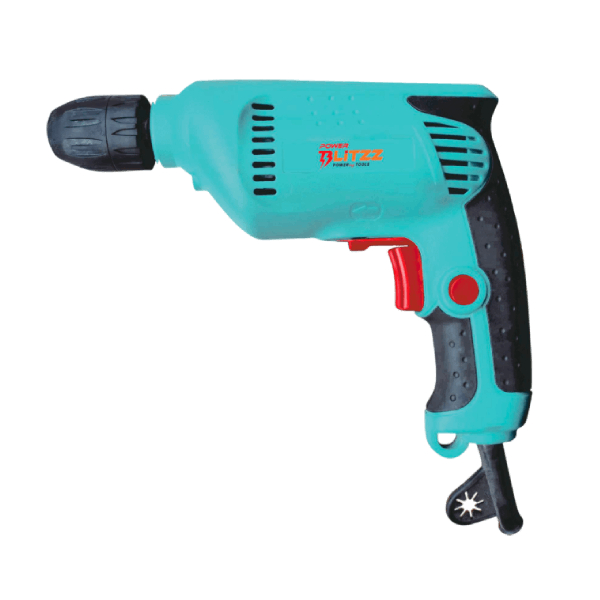
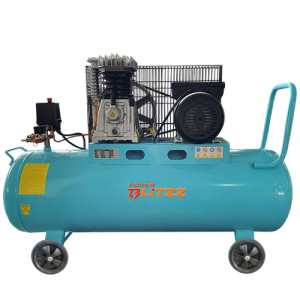
Types of Air Compressors and Their Applications
As an operator or manager in various industrial settings, understanding the versatility of air compressors enables you to enhance efficiency across diverse applications. When selecting air compressors, a one-size-fits-all approach does not suffice. Evaluating compressor types based on your unique operational requirements empowers optimized performance.
The Versatility of Air Compressors
Air compressors utilize power to compress air and store it as potential energy for subsequent utilization in various tasks. Their ability to convert power into kinetic energy makes air compressors indispensable across numerous industries. Whether a small-scale workshop or an expansive manufacturing facility, air compressors often serve as the backbone of operations.
Air Compressors: Types and Their Applications
Reciprocating Air Compressors: Power in Motion
Reciprocating air compressors operate through pistons moving up and down within cylinders in a reciprocating motion. This design grants them versatility for use across diverse applications.
With portability and straightforward maintenance, reciprocating compressors often find use in compact workshops, construction sites, and home garages. Their suitability for small to medium-sized tasks makes them a staple in many operations.
Rotary Screw Air Compressors: Efficiency in Continuous Operation
Rotary screw air compressors utilize twin counteracting screws to achieve smooth compression. This continuous operation allows the maintenance of a constant air pressure supply for industrial-scale demands.
With high energy efficiency and heavy-duty construction, rotary screw compressors often serve as the default choice for large manufacturing plants. Their reliable and continuous compressed air feed makes them indispensable for many heavy industries.
Centrifugal Air Compressors: Powering Large-Scale Operations
In high-capacity industrial settings with substantial air demands, centrifugal compressors prove essential. Centrifugal compressors rapidly spin air via an impeller, pressurizing the air through diffusion components. Their unmatched airflow volumes give them primacy in expansive operations like power plants, chemical processing units, and heavy manufacturing industries.
Where high airflow volumes become critical, centrifugal air compression often emerges as the premier technological solution.
Scroll Air Compressors: Compact and Quiet Efficiency
Scroll air compressors employ interleaving scrolls in a spiral design to achieve gradual and consistent air compression. This scroll design results in very low noise operation, making scroll compressors suitable for subtle environments like dental clinics, laboratories, and offices where noise may prove disruptive. Their compact construction also allows their utilization even in confined workspaces.
Oil-Free Air Compressors: Clean and Pure Air
In applications demanding contaminant-free compressed air, oil-free air compressors verify their usefulness. By eschewing oil lubrication, they eliminate risks of compressed air contamination – critical for pharmaceutical, food, and laboratory settings.
With control over compressed air purity, oil-free compressors empower you to meet quality standards in sensitive industrial and research applications where contaminant particles prove unacceptable.
Conclusion
Understanding air compressor types and their diverse applications allows the discerning operator or manager to enhance workplace efficiency. The right air compressor yields optimized utility across the breadth of industrial and commercial settings. Identifying criteria for evaluation empowers you to select solutions to best serve the unique needs of your operations.

Copyright © 2024 – Power Blitzz– All rights reserved.

